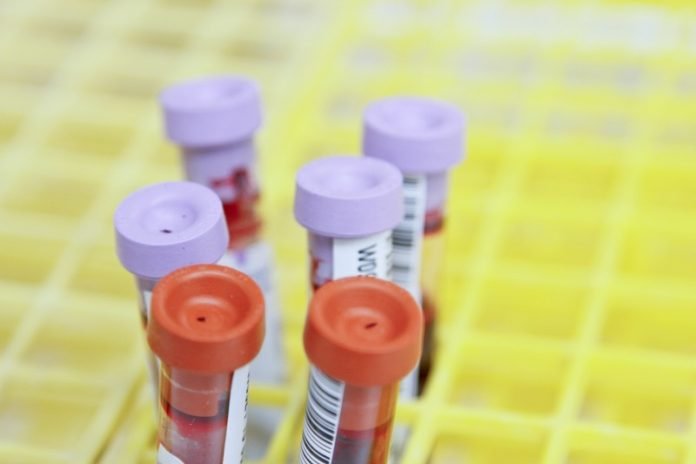
Researchers from UVA Health have made a promising discovery that could change the way doctors treat patients with severe COVID-19.
They’ve found a potential method to predict which patients are likely to recover smoothly and which may face prolonged lung issues.
This breakthrough is not only a step forward in personalized treatment for COVID-19 but also brings good news regarding concerns about continuous lung scarring similar to that seen in chronic lung diseases.
The fear that severe COVID-19 could lead to unending lung damage, much like idiopathic pulmonary fibrosis—a condition that progressively worsens breathing—has been a significant concern. However, UVA Health’s study offers hope.
According to Dr. Catherine A. Bonham, a pulmonary and critical care specialist at UVA, the immune response in long-haul COVID-19 patients is distinct from those suffering from non-stop lung scarring.
This finding suggests that, contrary to initial fears, severe COVID-19 does not lead to progressive lung scarring ending in death.
The term “long-haul COVID-19” refers to the condition where patients continue to experience symptoms such as fatigue and breathing difficulties months after initially recovering from the virus.
In some cases, patients develop lung scarring either during their hospital stay or within six months of their illness. Dr. Bonham and her team aimed to understand why this scarring happens and whether it could be linked to progressive pulmonary fibrosis.
They also sought to identify markers that could predict which patients are at risk of prolonged lung issues.
In their study, the researchers followed 16 patients who had survived severe COVID-19; most had been hospitalized and required ventilators. These individuals were still facing breathing challenges and fatigue at their first outpatient appointment.
After six months, the patients were divided into two groups based on their recovery progress: “early resolvers,” whose lung health improved, and “late resolvers,” who continued to struggle with lung issues and pulmonary fibrosis.
A key finding of the study was the identification of a potential marker in blood samples taken before the patients started showing differences in recovery.
The “late resolvers” had notably fewer monocytes—a type of white blood cell essential for fighting off diseases—compared to those who recovered and healthy individuals.
This decrease in monocytes was also linked to the severity of ongoing symptoms, indicating that a simple blood test could potentially identify patients likely to face long-haul COVID-19.
The study also explored whether severe COVID-19 could cause ongoing lung scarring like idiopathic pulmonary fibrosis. The researchers discovered significant differences in how the two conditions affect immune cells, even in patients with the most persistent long-haul symptoms.
This distinction provides relief that severe COVID-19 does not lead to the same progressive lung scarring seen in idiopathic pulmonary fibrosis.
While the study’s sample size was small and predominantly male, making broader conclusions challenging, the findings offer a hopeful perspective for identifying and treating patients at risk of long-haul lung issues.
Further research, particularly larger multi-center studies, is needed to confirm these results.
However, this initial discovery marks an important step in understanding the immune system’s role in pulmonary fibrosis and opens new avenues for improving patient care in the wake of COVID-19.
If you care about lung health, please read studies about marijuana’s effects on lung health, and why some non-smokers get lung disease and some heavy smokers do not.
For more information about health, please see recent studies that olive oil may help you live longer, and vitamin D could help lower the risk of autoimmune diseases.
The research findings can be found in Frontiers in Immunology.
Copyright © 2024 Knowridge Science Report. All rights reserved.



